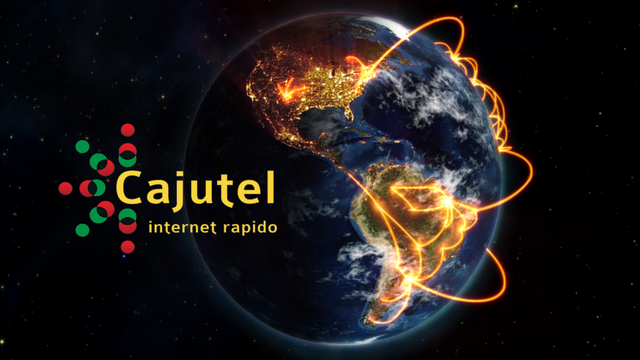Seven reasons why Africa needs a FAST Internet

A fast, affordable, secure and transparent Internet must be a priority for African governments. Why? The benefits of access are broad and significant. Increase access to a FAST Internet can:
Reduce the digital divide and accelerate development.
In Africa, only one in five people uses the Internet. This contrasts sharply with developed countries, where over 82% of people are already online. Securing FAST Internet access in Africa will enable billions of additional people to connect to the Internet and take advantage of life-changing socio-economic opportunities offered by Internet access.Improve health care and save lives
EHealth services are already being used to fill critical gaps in health care, particularly in rural, conflict-affected and other underserved areas of Africa. FAST Internet access will increase the ability of citizens to access and use these services. A study estimates that telehealth services, including diagnosis, counseling, treatment and distance education, will save more than one million lives in sub-Saharan Africa in five years.Empower women and reduce the digital gap between men and women, in line with the AU's call for a special focus on women's rights in 2016.
Research by the Web Foundation shows that women in urban areas in developing countries are 50% less likely to be online than men, and 25% less likely to use the Internet to find a job. The size of the numerical gap between men and women varies from one region to another, but it is everywhere. The pay gap between men and women means that women face higher costs for accessing the Internet. Achieving all the economic and social opportunities offered by Internet access will only be possible if we work to make FAST Internet a reality for all women. An Intel report estimates that bridging the gap between mobile men and women and bringing 600 million more women online could boost global GDP by $ 13 billion to $ 18 billion.Contribute to economic growth at the local, regional and national levels, including the creation of 140 million jobs.
If Internet penetration rates in developing countries were compared with those of developed countries, "the resulting economic activity could generate an additional GDP of $ 2.2 trillion ... and create more than 140 million new jobs.Increase access to educational resources.
Connecting people and schools to a FAST network will increase their access to information, educational content and other resources needed to improve educational outcomes. Rural, poor and other under-resourced schools will be able to provide their students with affordable or free online content, and teachers with general information or training to teach. In remote or conflict-affected areas, where schools are sometimes non-existent, an Internet connection can enable individuals to access free and open online courses and guide the course of their own education. In 2015, only 25 African countries had net enrollment rates of 80% or more, which means that FAST Internet could help millions of out-of-school children.Improve agricultural production and reduce poverty.
FAST Internet access makes it easier for everyone to access information. Connected farmers can access essential information to maximize agricultural productivity, including important information on weather, crop selection, and pest control, and can also connect to markets and determine the competitive market price for the sale of their products. According to a McKinsey study, agricultural growth in Africa is twice as effective at reducing poverty as growth in other sectors - an estimate that may not be surprising when one considers that agriculture provides 70% of employment in Africa and contributes to 30% of its GDP.Connect people across distances, improve social welfare
Social networks have become one of the most common ways that people use the web once they connect. Social media, email and other communication methods enabled online allow loved ones to stay in touch over long distances. They allow communities of refugees and other communities affected by disasters to communicate and keep up to date on events in their communities of origin. They allow people to coordinate and unite around shared interests and causes, and organize themselves for actions directed by citizens. Although the value of these effects is difficult to quantify, the value cannot be overstated.